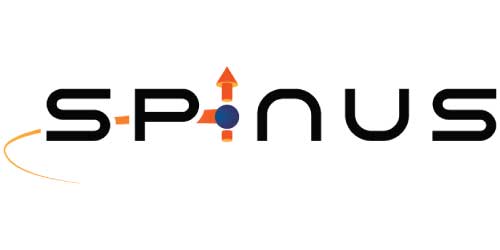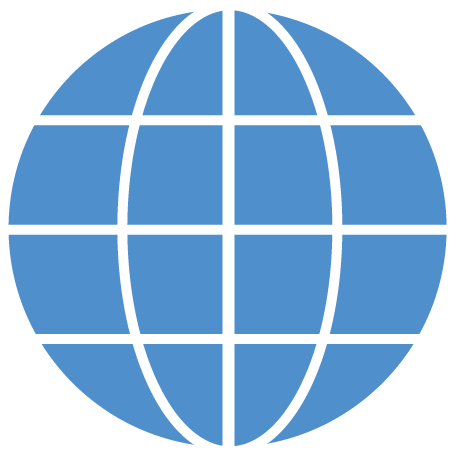The SPINUS project aims to establish experimental platforms for both quantum simulation (with >50 quantum units) and quantum computation (with >10 qubits). Despite rapid advancements, scaling and implementing quantum simulators and computers towards a regime surpassing available classical methods remains difficult due to the demanding constraints of existing architectures. By utilizing the exceptional qualities of silicon carbide (SiC) and diamond materials, the SPINUS project suggests a novel strategy for scalable solid-state quantum simulation and computation hardware based on nuclear spin networks and dipole-dipole entangled electron spin qubits.
Our first goal is to create a quantum simulation platform that uses optically polarized NV centers and color centers along with nuclear spin networks in diamond or SiC. This technology allows for the investigation of a wide range of strongly correlated models without being constrained by the capabilities of the available quantum simulators.
Second, we aim at scaling up platforms for solid-state quantum computing to more than 10 fully programmable qubits at ambient temperatures. For these purposes, the consortium will investigate various architectures and techniques for initializing, controlling, and reading out the spin qubits with the goal of achieving large-scale quantum simulation and computation capabilities. This will take advantage of the excellent coherence properties and robustness against environmental noise of these materials.
SPINUS has great potential to advance the field of quantum computing and simulation and open new possibilities for the investigation of intricate quantum systems by fostering and contributing to a European quantum and a European diamond ecosystem by working closely with start-up businesses affiliated with the project team and cooperation with the related Flagship initiatives.




